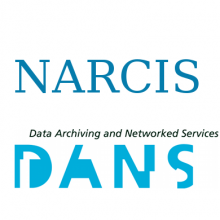Resource information
Land acquisition often involves power and displacement and can be carried out on a large scale. There are many forms of land acquisition, including for environmental and conservation purposes as well as for production activities. While green grabbing has joined land grabbing as an environmental justice issue of concern, it is not necessarily the case that all green land acquisition is large scale, done by powerful outsiders, or leads to displacement and exclusion. The outcomes of green land acquisition are dependent on the mechanisms used, the adequacy of resettlement and/or compensation, and the social and environmental context in which it happens. We discuss the outcomes of community-led land acquisition for conservation purposes in Costa Rica. We considered a special case of green land acquisition done by local civil society to defend the forest and water resources of the Juan Castro Blanco NationalWater Park in Costa Rica. We used the literature on green grabbing, social ecological systems, and social innovation to discuss local environmental governance and regional sustainable development. This paper makes a fresh contribution to environmental planning and environmental governance by bringing in aspects of green land acquisition that have not been previously explored.


